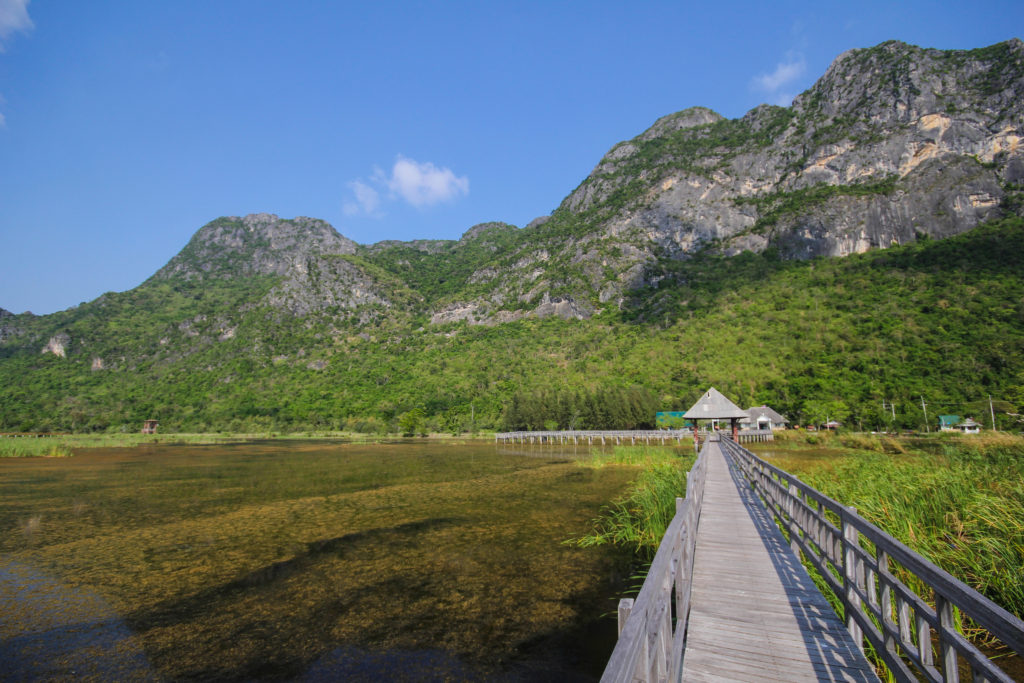Biodiversity is key to sustainable agriculture
Here’s an article about the recent UN bio-diversity meeting in Cancun, Mexico.
The meeting talked about sustainability within agriculture, fisheries, forestry and tourism industries. The authors note that both conservation of natural resources and the use of biodiversity are keys to sustainable agriculture.
Although not specifically discussed in the article, international cooperation will be a large part of any successful plan for sustainable farming.
Sustainable farming requires not only planning, but also the realization that change in the way we farm is necessary.
As part of the “United Nations decade on Bio diversity”, the meeting was attended by 167 countries.

The need to protect biodiversity cannot be taken away from agricultural sectors if governments were to ensure sustainable development, food security, and the capacity to weather climate change.
This much was agreed on by 167 countries at the UN Biodiversity Conference (CBD COP13) which ended on 17 December in Cancun, Mexico.
There, governments agreed on specific steps to promote the integration of the conservation and sustainable use of biodiversity within and across the agriculture, fisheries, forestry, and tourism sectors.
The Conference Declaration stresses that the international community must involve different governmental and economic sectors and not just environment ministries to protect biodiversity – the thousands of interconnected species that make up a vital web of ecosystem services upon which global food production depends.
“This is a turning point,” said Maria Helena Semedo, United Nations Food and Agriculture Organization (FAO) Deputy Director-General. “The agriculture sectors and biodiversity have often been regarded as separate and even conflicting concerns, yet they are inextricably connected. Agriculture is by nature a major user of biodiversity, but it also has the potential to contribute to its protection,” she added.
“Now that the international community has demonstrated its commitment to link both, we can really start building bridges, breaking down silos and tackling global challenges in a more concerted and coherent manner,” Semedo said.
At the Cancun meeting, governments welcomed relevant policy frameworks, guidance, and tools developed by FAO and invited countries to use guidance from FAO related to biodiversity and the agricultural sectors. The Cancun meeting also welcomed the new biodiversity platform launched by FAO at the Conference to build bridges between sectors, identify synergies, align goals and develop integrated cross-sectoral approaches to mainstreaming biodiversity in the agriculture, forestry, and fisheries sectors.
Aimed at facilitating cross-sector dialogue, the platform will allow ministries of agriculture, forestry, fisheries and environment to share experiences and explore how to best encourage sectors that depend or have an impact on biodiversity to adopt integrated approaches for its conservation and sustainable use.
The Cancun meeting invited FAO to continue supporting countries in the development and implementation of measures, guidance and tools to promote the mainstreaming of biodiversity in the relevant sectors. Earlier this month, FAO’s Council, the organization’s executive, endorsed principles of a Common Vision for Sustainable Food and Agriculture as a basis for the policy dialogue and governance arrangements needed to identify sustainable development pathways across sectors and along related value chains. (PR)
Complete text here.
Follow us: @sunstaronline on Twitter | SunStar Philippines on Facebook
Custom Biologicals manufactures and distributes a wide variety of biological products use in sustainable agriculture. Contact CustomBio at (561) 797-3008 or via email at Bill@Custombio.biz.

